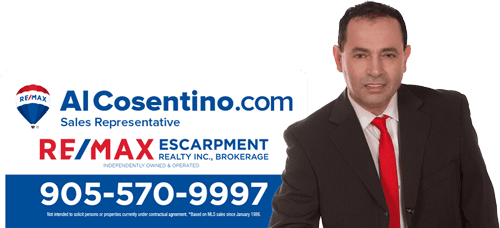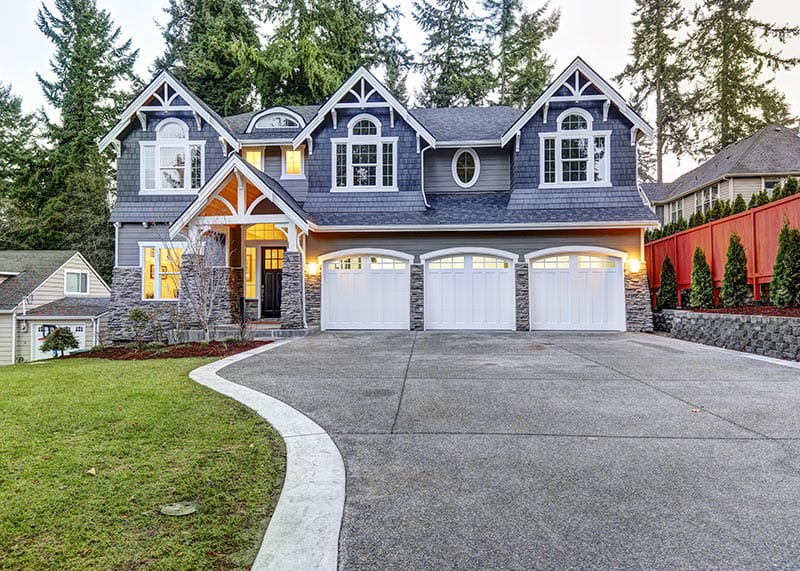Buying
Helping you find the home you really want

Buying Overview
Click here to download your buyer’s package
The first question you’re bound to ask is, “How much home can I afford?” That depends on a number of factors:Your selected location. Are you set on a specific area? Downtown? The suburbs? A rural setting?
Your preferred type of home. Detached? Semi? Duplex? High-rise? Link? Townhouse? New or Resale? There are a variety of home styles you will want to explore.
Your income. After all, it’s not just the mortgage you have to take into account. There are property taxes, utilities, and in some cases condo or strata fees. As a general rule of thumb, your monthly home-carrying cost should not exceed 30-35% of your income.
Market conditions. Is it a buyer’s, sellers or balanced market?
There are also additional costs to keep in mind. It’s a good idea to work out exactly what you want and what you can afford before you begin the search. Be specific! After all, you don’t want to suddenly come to the realization that your dream house has come with a nightmare of bills and expenses. Stick to looking at houses in your price range. The more you’ve thought it out, the better your sales representative can meet your needs.
A part of deciding just what you can afford can be accomplished by meeting with your bank or a mortgage broker and negotiating a pre-approved mortgage. There are many types of mortgages and many different terms. Research all of your options. This ensures that there are no surprises once you’re ready to make an offer.
Once you’ve figured out your monthly expenses and what you can afford, you can start your search. It could happen that the first home you see is the one you want; or you might look at home after home with none of them catching your interest. Rest assured, the home you’re looking for is out there, and when you find it, you’re ready to make an offer. If your offer is accepted, the next steps are closing and moving into your new home.
Purchasing a home is easy once you put your plans into action.
Mortgages
Mortgage Types
Conventional and High Ratio Mortgages To qualify for a conventional mortgage, you simply have to have a 20% down payment of the purchase price, with the mortgage not exceeding 80% of the appraised value.
If your down payment is less than 20%, then you qualify for a high-ratio mortgage. This type of mortgage requires loan insurance, which can cost an additional 0.5% to 3.75% of the mortgage amount. With this type of mortgage you could also be limited to a maximum house price.
Second Mortgage Of course, if you cannot add on to your mortgage, you may consider a second mortgage. Each mortgage uses your home as security and gives the mortgagee the right to take your home if you default on your loan. The first mortgagee gets paid first in cases of default and has the best chance of recovering all of its money. So it only goes to figure that subsequent mortgages usually come with a higher interest rate.
Mortgage FeaturesEvery lending institution is different, and each will have their own customizable mortgage options. When you’re hunting for a lender and a home, see how the following features could be beneficial to you.
Prepayment This is a wonderful option if you receive regular bonuses or if your income fluctuates throughout the year. With a pre-payment privilege, you have the right to make payments toward the principal portion of your mortgage over and above the monthly payments. A mortgage with a pre-payment option is closed. An open mortgage means you can pay the entire principal sum without notice of bonus.
Portability If you still have time remaining on that fantastic loan you negotiated, portability is one option you’ll want to discuss with your lender. Quite simply, it means transferring the balance of your current mortgage at the existing rates and with the existing terms and conditions, to your new home.
Assumability Let’s say that the vendor has negotiated a dynamite mortgage. With an assumable mortgage you, the purchaser, simply assume the obligations of the mortgage. This is a wonderful feature especially if the terms are more favourable than the existing market conditions would allow. Remember, when it is time for you to sell, you may still be liable for any mortgage you allow the buyer to assume. This means if the buyer stops making payments, you could be accountable for the payments. Be sure to have the subsequent buyer approved for the assumption of the payments, thereby avoiding this potential land mine.
Expandability If you need additional funds down the road, will your mortgage terms allow you to increase the principal amount? Usually, your new rate will be a blended amount of the initial mortgage rate and the prevailing rates. It’s a great option to discuss with your lender if you foresee large expenses in your future like renovation or education costs.

Request A Free Home Evaluation!
Interested in finding out how much your home is worth? Request a free home evaluation here!

